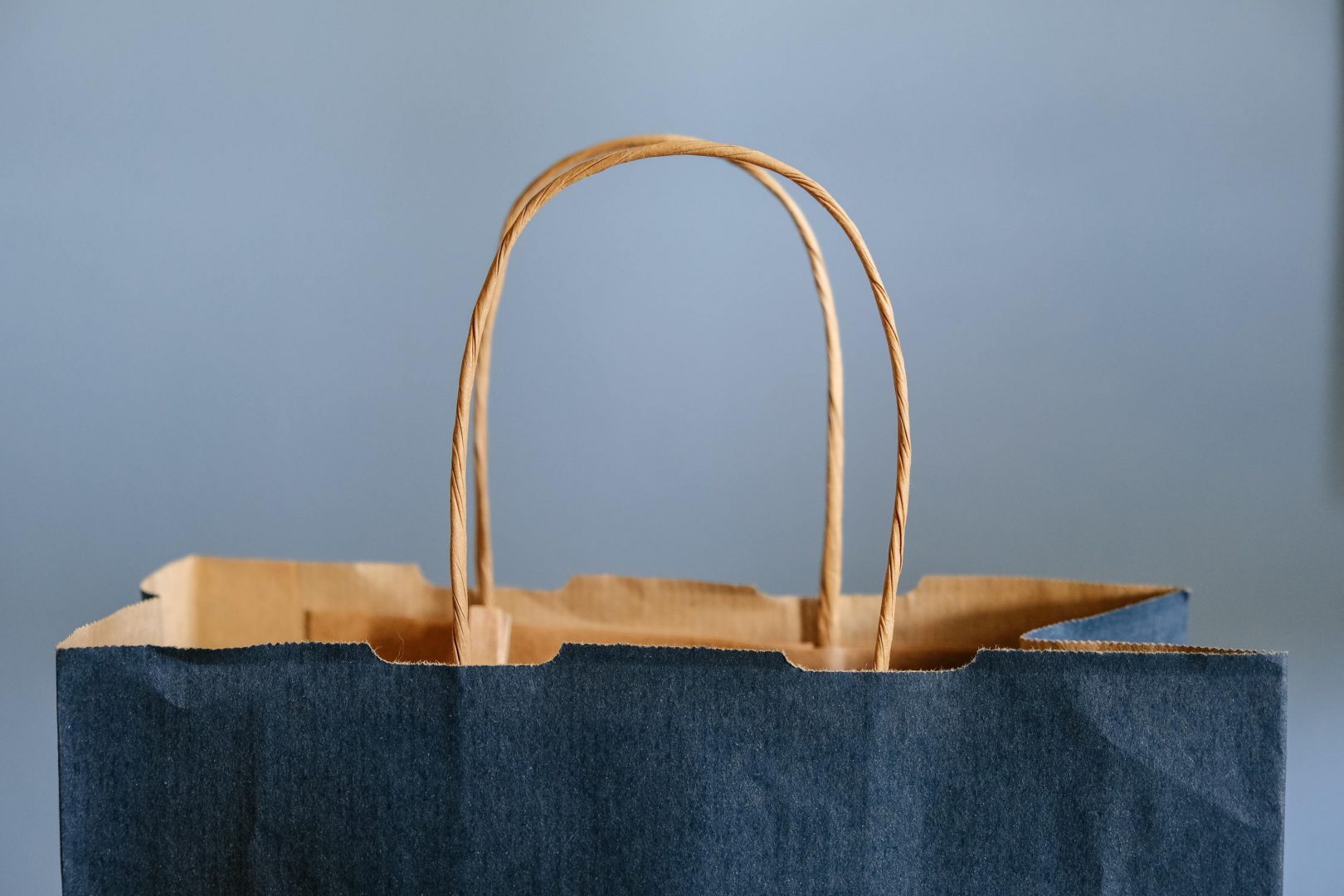The Coronavirus pandemic has undoubtedly had adverse impacts on both retailers and consumers alike. The UK’s national lockdown affected shopping habits immensely, with initial panic and bulk-buying, followed by constant fluctuations in consumer behaviour.
The high street and physical retail, in particular, have been deeply impacted by the virus, with e-commerce sales surging as people chose to order their basic necessities online.
The need for convenience
In light of this fluctuating consumer behaviour, British retail technology pioneers Ubamarket commissioned research which has unveiled an overwhelming desire amongst Britain’s consumers for retailers and hospitality venues to modernise and offer a safer, more convenient experience.
- 50% of Brits found that being able to do a weekly shop at their local supermarket through COVID was vital to combating isolation in lockdown
- 50% of people in Britain (over 23 million) haven’t used cash at all since the start of lockdown and have relied exclusively on card and contactless payments
- 43% of Brits (over 20 million) want their shopping experience moving forward to require as little human interaction as possible
- 38% of Brits found that since lockdown, they have used online shopping more but have found it to be inefficient due to insufficient delivery slots and replacement items
- Over one-third (34%) of Brits say that the self-checkouts cause significant anxiety due to hygiene concerns and proximity to other shoppers
- 4 in 10 Brits will no longer use cash when shopping or when in bars or restaurants due to concerns around the transfer of germs
- 62% of Brits (28 million) want to be able to complete their supermarket shop and exit the store in under 20 minutes
Whilst the Coronavirus has raised huge hygiene and safety concerns which destroyed consumer confidence, it also highlighted a number of pre-existing problems with the shopping experience in Britain, and now a huge proportion of Brits feel that their shopping experience is outdated.
More from Business
- How To Start A Business In Liechtenstein
- The Impact of Population Growth on Global Commodity Demand
- How to Use Email Marketing to Promote Cat Food Products
- Alternatives to WeTransfer For File Sharing
- Tools to Measure Business Broadband Speed
- How To Launch A Startup In Cambridge
- Customer Retention Strategies For Cat Food Businesses
- How To Launch A Startup In Dakar, Senegal
Now, the question facing businesses is not ‘when will things go back to normal’ but rather ‘how can we adapt to succeed and serve customers in a post-COVID world?’.
Restoring consumer confidence
This research clearly showcases that in order for the sector to survive and thrive, the restoration of consumer confidence has become more important than ever. With shops and supermarkets playing such a fundamental and central role in our lives, it is of utmost importance that the sector is able to evolve, and technology holds the solution to this.
Technology and in-app solutions, such as payments, personalised offers and in-store navigation can help upsell to customers remotely, utilising their previous shopping history and buying trends to increase spend and basket size. This will help retailers offer a highly personalised high street experience without risking unnecessary contact.
This will keep staff and shoppers safe while increasing spending and helping them to grow on the other side of the coronavirus crisis.

